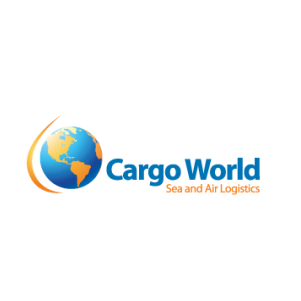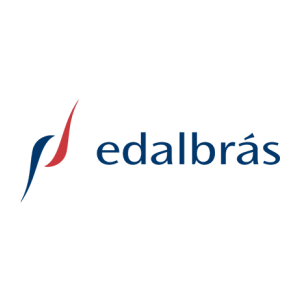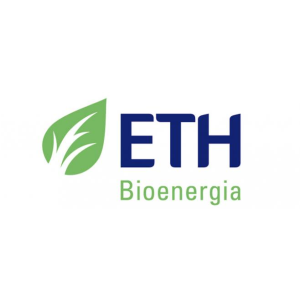Brazil imported 27.4% more in the third week of September compared to the same period of the previous month. The volume of products that entered the country reached US$ 13.33 billion, according to data from the Department of Foreign Trade, Ministry of Economy. In the accumulated result for the year, from January to September, Brazilian imports had an increase of 30.1%, reaching the amount of US$ 194.35 billion.
Considering the volume of exports, the trade balance in the third week of this month grew by 59.4%, with a surplus of US$ 3.67 billion. Year-to-date, the trade balance reached a surplus of US$47.55 billion. This amount, however, is 11.5% lower than that recorded in the same period last year. This difference occurs when verifying the increase in the volume of exports in relation to that of imports. Year-to-date sales in the international market grew by 19.1%, a little more than half of the percentage of volume that was imported.
Companies that are planning to buy inputs, raw materials, or even finished products in the foreign market for commercialization in Brazil, need to be attentive to what Brazilian legislation says. Lawyer Sandra Regina Dias Maranholi explains that among the main rules that the importer must observe are those related to the specification of goods called Mercosur Common Nomenclature (NCM).
“Before starting to import, it is necessary to know the classification of the product, the so-called NCM, so that the company understands the tax and administrative obligations it needs to fulfill. Some products, however, need specific authorization or certification to release the goods,” she advises.
According to the lawyer, among the products that have a more bureaucratic import authorization and require the participation of several professionals for release are food and medicines. Items such as home appliances and toys need a certificate from Inmetro, which attests to the risk and quality assessment of the product. “In this case, the import process takes longer and is very costly, because the importer needs a laboratory to test and certify the product,” she adds, who has legal experience in the import area.
Tax calculation – Sandra Maranholi also explains that with the NCM, the importer can calculate taxes such as IPI (Tax on Industrialized Products), II (Import Tax) and ICMS (Tax on Circulation of Goods and Services), which allows for a better planning and calculation of the profit margin of the commercialization of imported products in the Brazilian market.
The lawyer emphasizes that a customs broker can help the importer to find the correct NCM for the product he wants to import. The help is important because there are over 11,000 import related codes. “The good news is that today we have systems that facilitate this search. What needs to be clear is that the classification phase is the key to successful importation, as the wrongly classified product can generate a huge problem for the company, such as returning the goods, customs retention and fines”, warns Sandra Maranholi, who has 13 years of experience in the field of law.
The most imported products by Brazil in the month of September
According to the Foreign Trade Secretariat bulletin, the increase in agricultural products, the extractive industry and the transformation industry contributed to the performance of imports until the third week of September this year. Of the three sectors, the manufacturing industry had the best performance, with a growth of 27.3% in imports, reaching the amount of US$ 12 billion.
Among the products that showed an increase in purchases from abroad, are: unground wheat and rye (50.1% growth); unmilled barley (8,244.2%); non-oleaginous fruits and nuts, fresh or dried (40.9%); raw fertilizers, except fertilizers (21.1%); other raw minerals (24.6%); crude petroleum or bituminous mineral oils, crude (264.6%); petroleum fuel oils or bituminous minerals, except crude oils (139.7%); organo-inorganic compounds, heterocyclic compounds, nucleic acids and their salts, and sulfonamides (61.7%); and insecticides, rodenticides, fungicides, herbicides, plant growth regulators, disinfectants and the like (86.5%).
Source: ComVC






